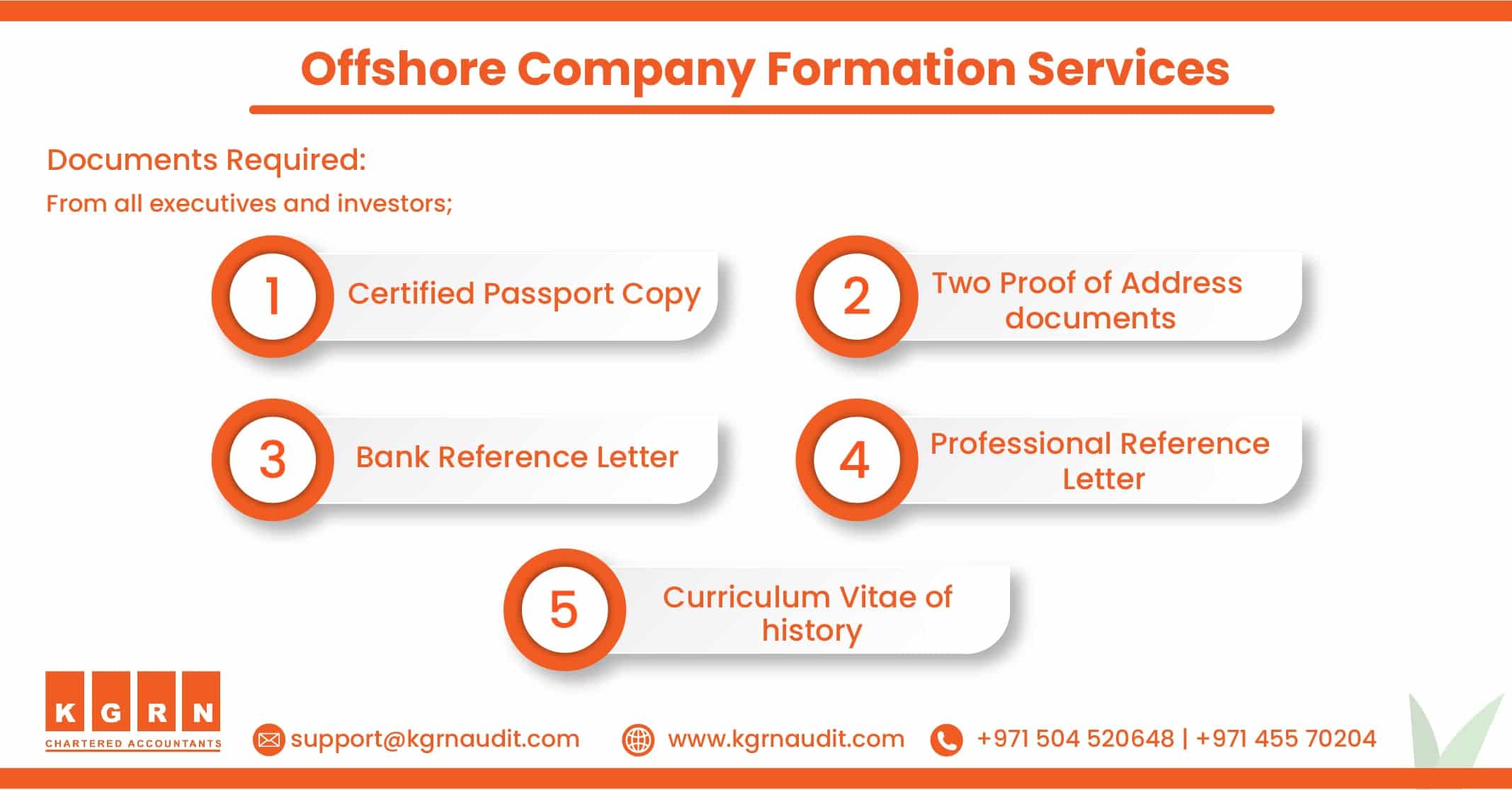The Ultimate Overview to Offshore Company Formation Approaches
The Ultimate Overview to Offshore Company Formation Approaches
Blog Article
Offshore Business Development Demystified: Trick Considerations and Ideal Practices
Navigating the complexities of offshore company formation calls for an eager understanding of numerous aspects that can dramatically affect the success and legality of such ventures. From selecting the proper legal jurisdiction to carefully examining the tax obligation implications, each step holds important importance in the process. Business structuring, conformity with regulatory demands, and cautious factor to consider of banking and financial facets are all vital parts that demand thoughtful consideration. As the intricacies of establishing an overseas firm unfold, a strategic strategy assisted by ideal methods ends up being vital in making certain a smooth and legally sound operation.
Lawful Territory Choice
Choosing the ideal lawful jurisdiction is an important choice when developing an overseas company, as it substantially influences the governing structure within which the entity will operate. Various jurisdictions offer differing degrees of tax obligation effectiveness, regulative demands, privacy securities, and political stability. The selection of territory must align with the specific objectives and requirements of the overseas business.

Moreover, the regulative setting of a jurisdiction is vital. Some territories have rigorous financial guidelines and compliance requirements, which can be difficult for specific sorts of services. On the various other hand, even more forgiving regulatory settings might provide versatility however could also posture risks in terms of reputation and legitimacy.
Tax Obligation Effects Evaluation
Taking into consideration the tax effects is an essential aspect of developing an overseas firm as it directly influences the monetary framework and operational strategies of the entity. One of the main reasons services choose for offshore firm formation is to profit from favorable tax regimes. Functioning closely with tax obligation experts or specialists who specialize in global tax obligation matters can offer beneficial understandings and support in structuring the offshore business in a tax-efficient manner.
Business Structure Planning
Effective business framework preparation plays a critical duty in the effective establishment and operation of an overseas firm. When structuring an overseas entity, vital aspects such as asset security, tax obligation effectiveness, and functional adaptability must be very carefully taken into consideration. One usual approach is to establish a holding business in a jurisdiction with desirable tax obligation regulations to hold the assets of the running company, which may be located in a various territory for operational objectives. This splitting up can assist minimize risks and maximize tax obligation planning approaches.

In addition, the option of business structure, whether it be a minimal liability company, a corporation, or a trust fund, can dramatically influence the general success of the offshore venture. By very carefully planning the company structure, offshore business can improve their operational effectiveness, safeguard their possessions, and maximize their tax responsibilities.
Compliance and Governing Demands
What are the essential conformity and regulatory needs linked with developing and operating an offshore company? When establishing up site web an overseas firm, it is important to adhere to the governing frameworks of both the offshore jurisdiction and the home country of the firm proprietors.
Furthermore, understanding and conforming with worldwide regulations, such as anti-money laundering (AML) and recognize your consumer (KYC) requirements, are necessary for overseas companies to avoid illegal tasks. Due persistance in validating the identities of helpful proprietors and making sure openness in service procedures are important elements of regulatory compliance.
To navigate these complexities successfully, involving with economic and lawful experts with proficiency in overseas regulations is highly advised. Remaining upgraded on altering governing landscapes and proactively have a peek at this website addressing conformity concerns can aid overseas business run legally and morally while optimizing their business potential.
Banking and Monetary Factors To Consider
When developing an overseas firm, cautious interest to banking and economic factors to consider is critical for making certain operational effectiveness and regulative compliance. Offshore companies commonly select banks in jurisdictions known for their security, monetary facilities, and positive laws.
Some overseas territories have stringent banking secrecy legislations, which may influence the flow of information in between the business, its shareholders, and the financial institution. By very carefully navigating the financial and financial landscape, offshore business can establish a solid monetary foundation for their operations.

Conclusion
In final thought, offshore company development involves careful factor to consider of lawful jurisdiction, tax implications, company framework, conformity, and banking factors to consider. By resolving these crucial variables and following finest techniques, businesses can develop offshore entities efficiently. It is necessary to abide by regulative demands and ensure monetary openness to keep integrity and minimize threats. In general, thorough planning and adherence to financial and lawful guidelines are important for a successful offshore firm development procedure.
Taking into consideration the tax obligation ramifications is an essential facet of establishing an offshore company as it directly influences the economic framework and operational methods of the entity. Functioning closely with tax obligation experts or professionals that specialize in worldwide tax obligation matters can provide valuable understandings and guidance in check it out structuring the offshore firm in a tax-efficient way. One typical approach is to develop a holding company in a jurisdiction with desirable tax legislations to hold the assets of the running business, which might be found in a different territory for operational objectives. When establishing up an overseas business, it is crucial to adhere to the regulative frameworks of both the overseas jurisdiction and the home nation of the firm owners.In conclusion, offshore company development involves mindful factor to consider of lawful territory, tax obligation implications, corporate framework, conformity, and financial factors to consider.
Report this page